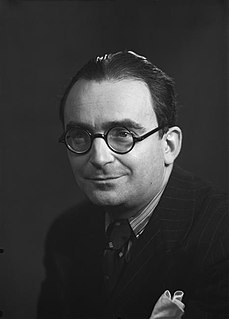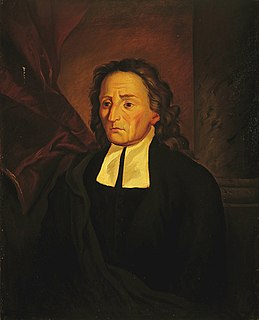A Quote by Marcel Achard
The career of a writer is comparable to that of a woman of easy virtue. You write first for pleasure, later for the pleasure of others and finally for money.
Related Quotes
Now I rewrite more and more severely, and I take great pleasure in cutting thousands of words out of first drafts; I think that's a pleasure worth learning as early as possible in one's career, not least because realizing that one can do it helps one relax into writing the first draft in which it's better to have too much material for later shaping than not enough.
It is a pleasure to stand upon the shore, and to see ships tost upon the sea: a pleasure to stand in the window of a castle, and to see a battle and the adventures thereof below: but no pleasure is comparable to standing upon the vantage ground of truth . . . and to see the errors, and wanderings, and mists, and tempests, in the vale below.
There are three sorts of pleasures which are advantageous, and three which are injurious. Finding pleasure in the discriminating study of ceremonies and music, finding pleasure in discussing the good points in the conduct of others, and finding pleasure in having many wise friends, these are advantageous. But finding pleasure in profligate enjoyments, finding pleasure in idle gadding about, and finding pleasure in feasting, these are injurious.
It is pleasure that lurks in the practice of every one of your virtues. Man performs actions because they are good for him, and when they are good for other people as well they are thought virtuous: if he finds pleasure in helping others he is benevolent; if he finds pleasure in working for society he is public-spirited; but it is for your private pleasure that you give twopence to a beggar as much as it is for my private pleasure that I drink another whiskey and soda. I, less of a humbug than you, neither applaud myself for my pleasure nor demand your admiration.
When you're comfortable and secure, it's not enough. The mind doesn't stop there because it has to continue to focus itself as this body, so it moves to pleasure. And pleasure really is a non-existent thing. When we're experiencing pleasure, we're trying to hold onto it as it leaves, so it really isn't pleasure. Pleasure is pain because we're grasping.
At the heart of our desires is eternal happiness without the slightest hint of misery. You could say that we are pleasure seekers; however, seeking pleasure from the objects of our five senses produces fleeting moments of pleasure whereas, pleasure of one's self, a soul, is eternal and ever-increasing pleasure.






































